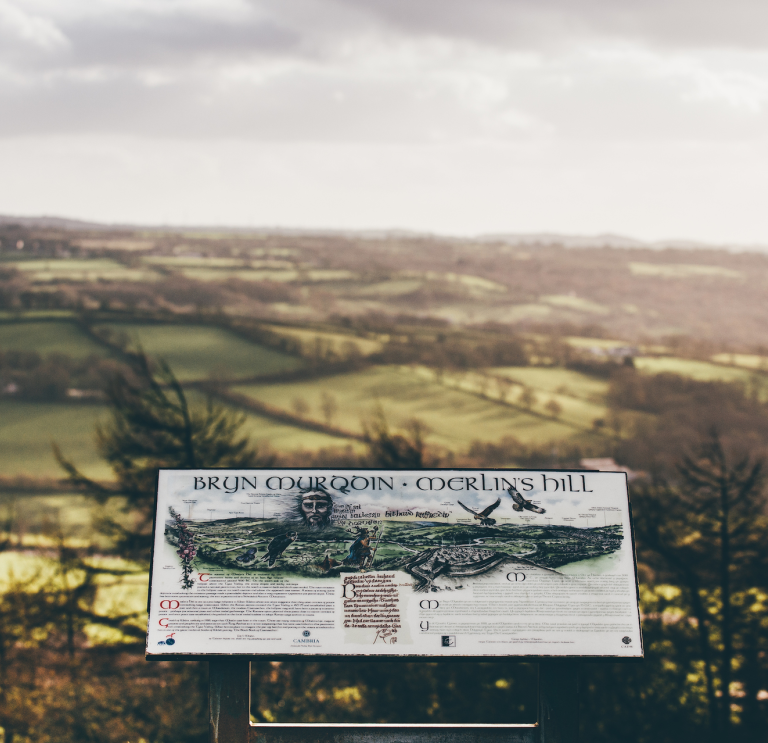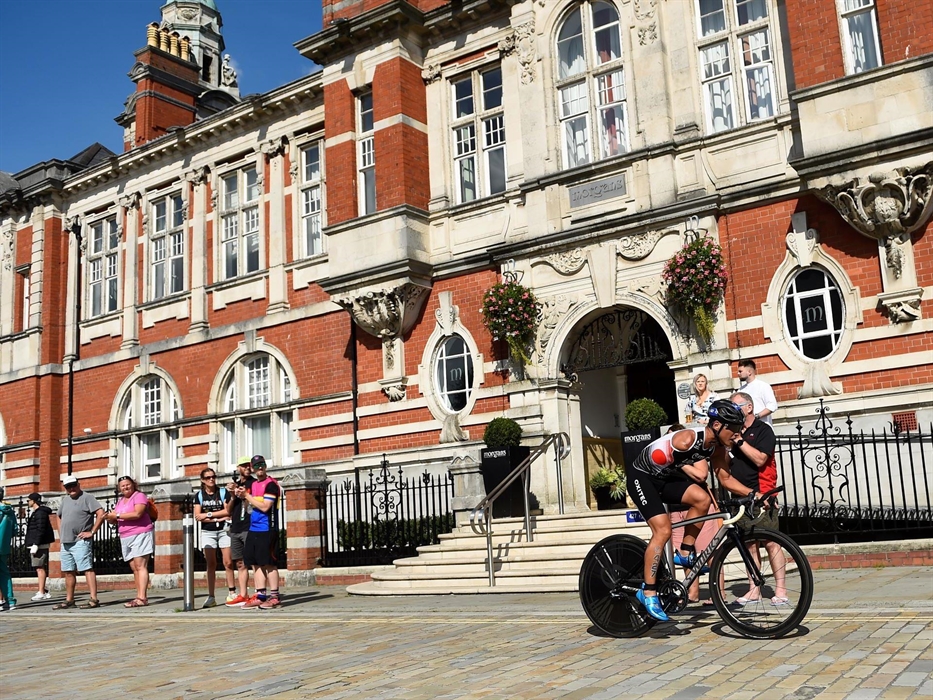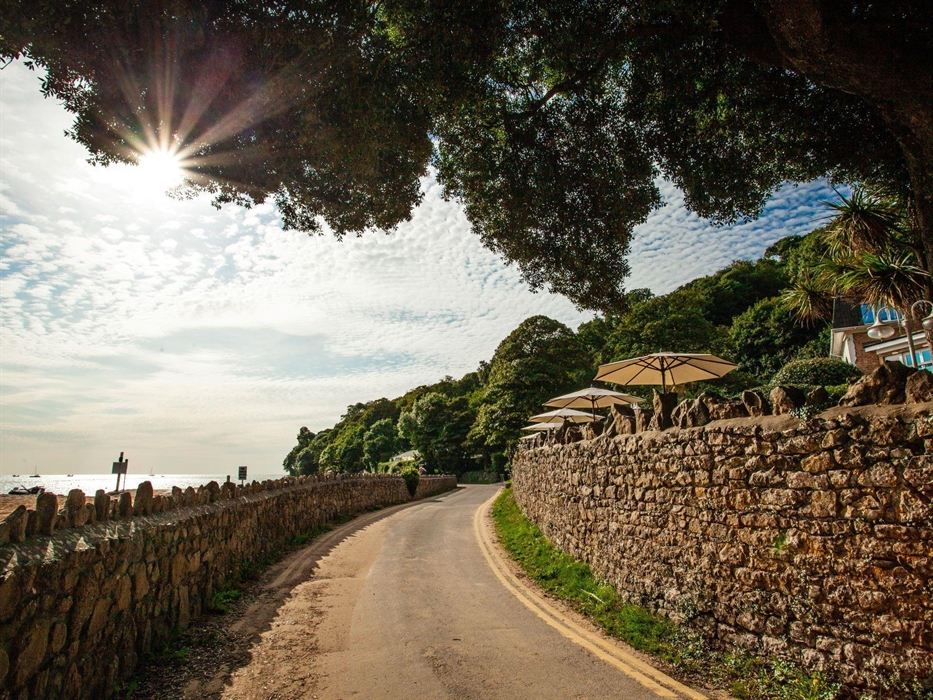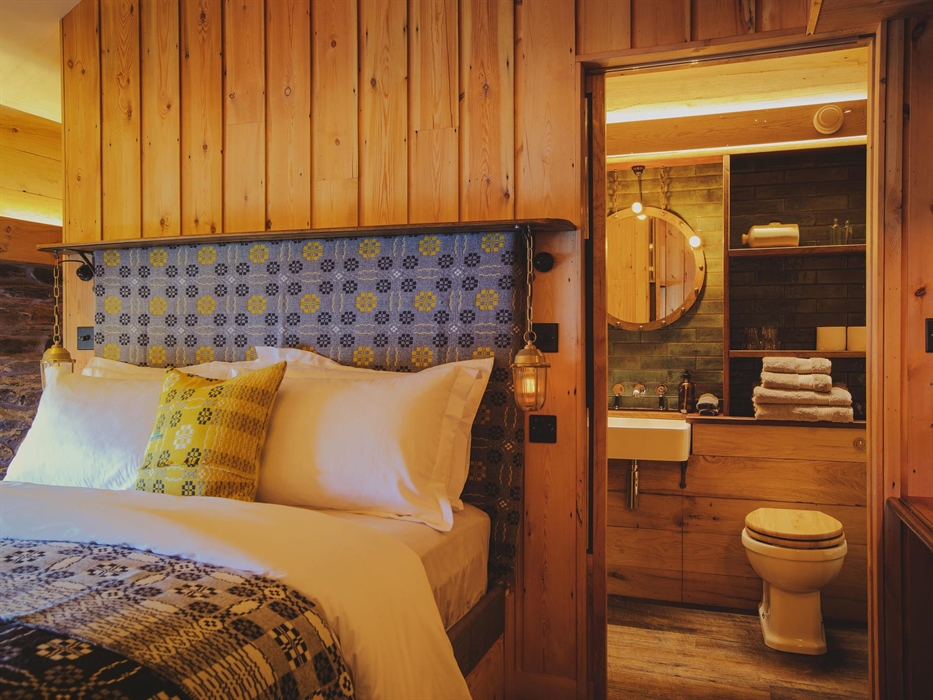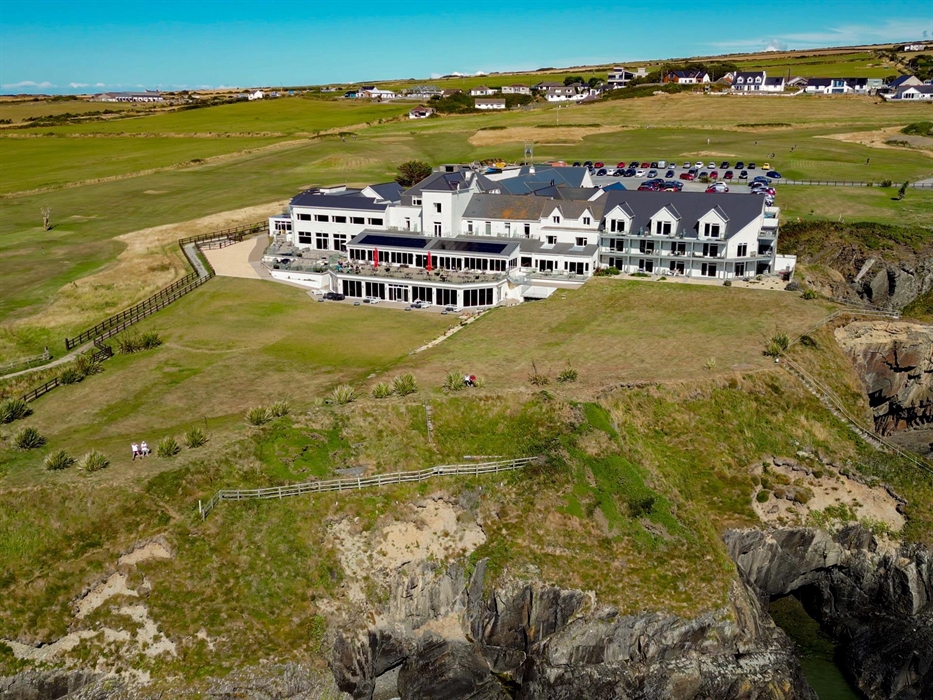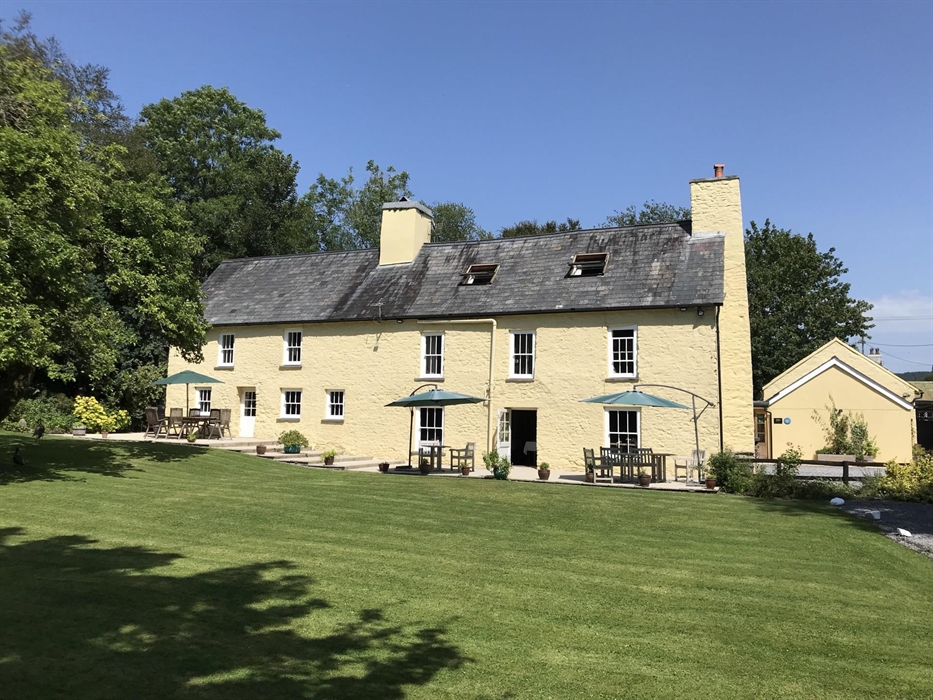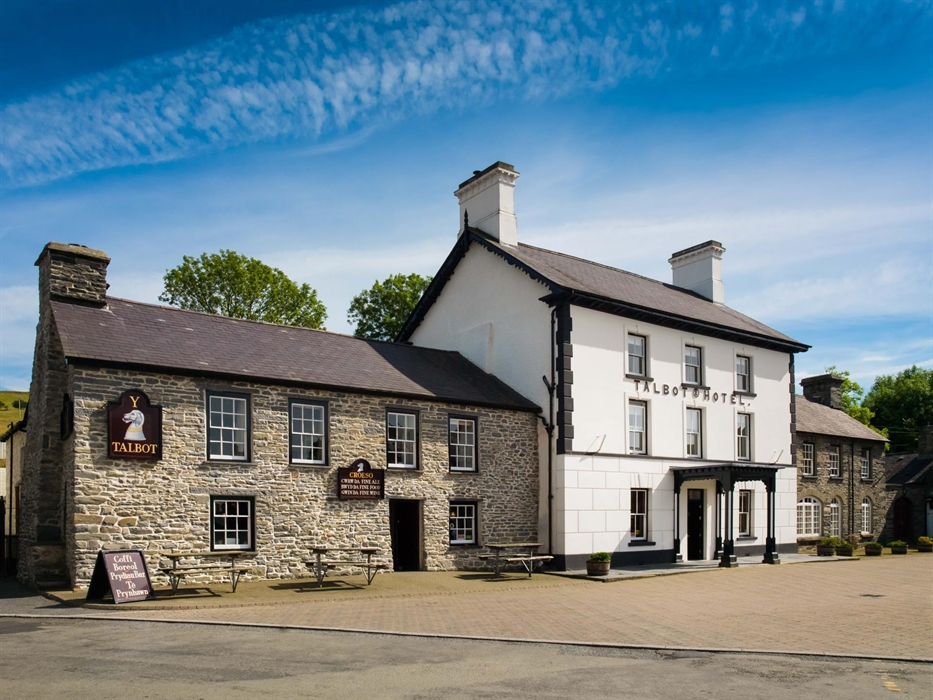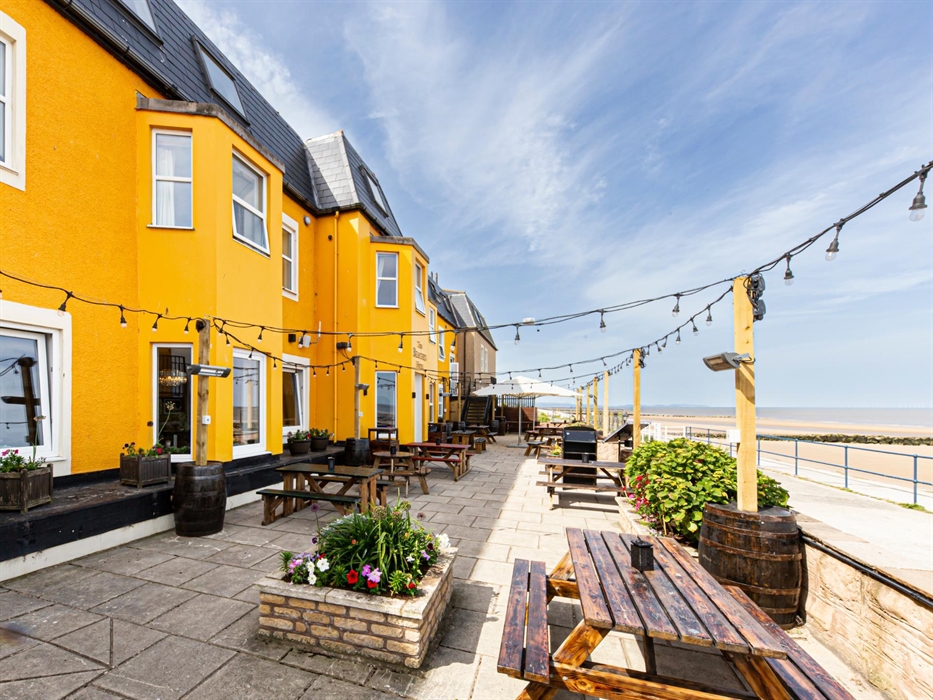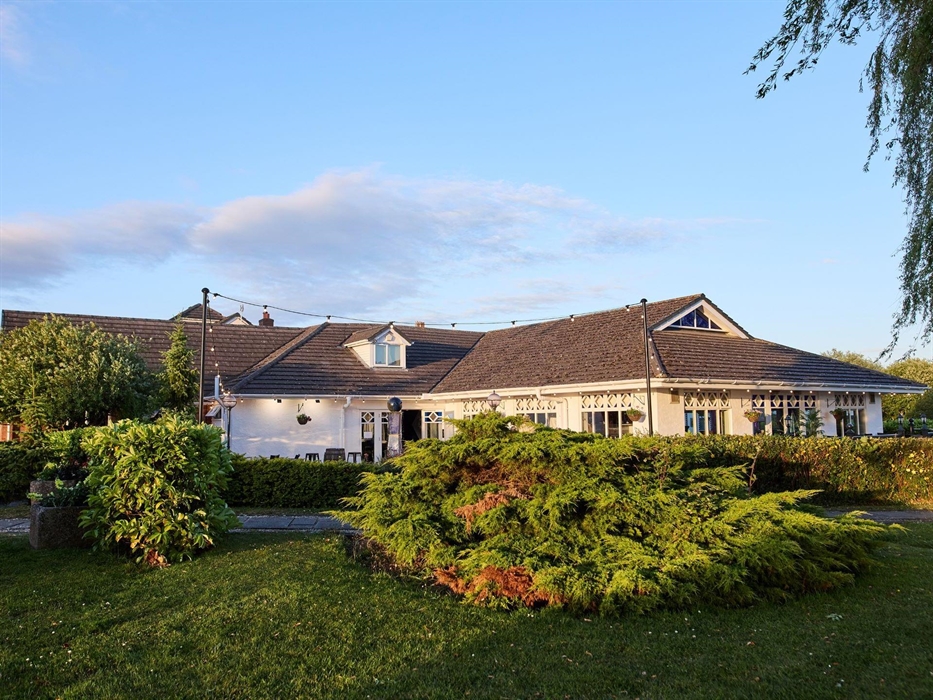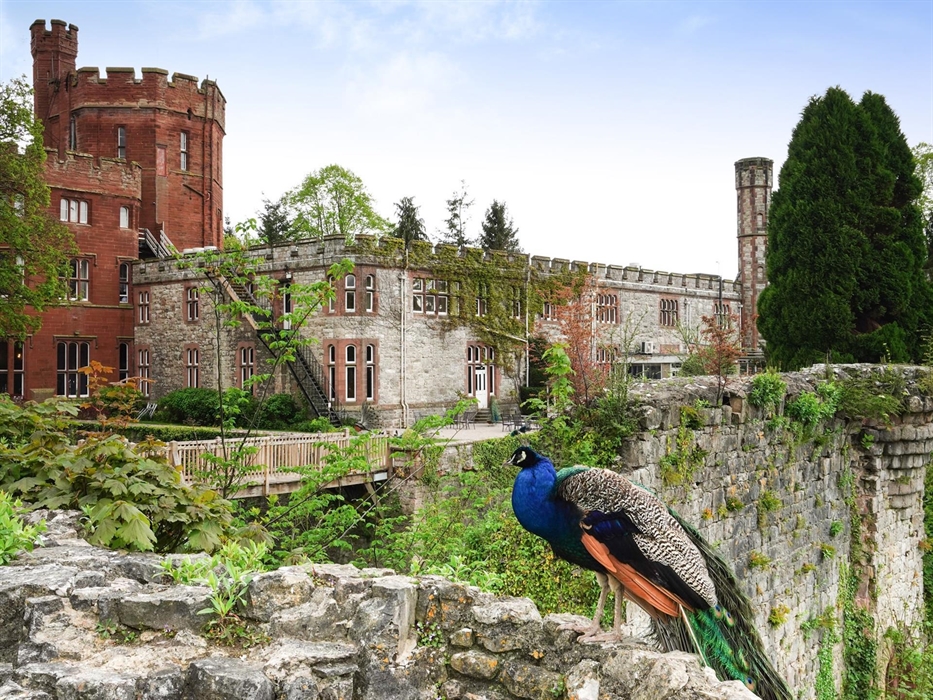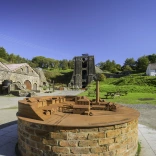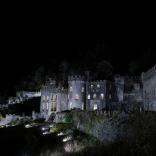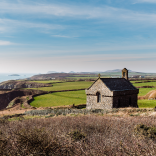There can’t be many legends more famous than those of King Arthur and his knights of the round table. Wales can lay claim to many locations associated with the legend of King Arthur, his mighty sword Excalibur and fabled magician Merlin. You’ll find Arthur's tale is deeply engrained in Welsh folklore and recalled in many place names.
While the details remain shrouded in mystery, many scholars are convinced there really was an individual called Arthur who fought the invading Germanic Anglo-Saxons in the late 400's AD. Beyond that we only have clues to his existence, but this mysterious warrior is certainly a legend in our hearts.
Day one
Head to the South East Wales border town of Monmouth. A good a place as any to start the quest. It was the 12th Century Benedictine Monk Geoffrey of Monmouth whose book 'Historia Regum Britanniae' first popularised the Arthurian Legend. Walk the Geoffrey of Monmouth trail around Monmouth which is 1.75 miles (2.75 km) long, and takes around 2hrs to complete.
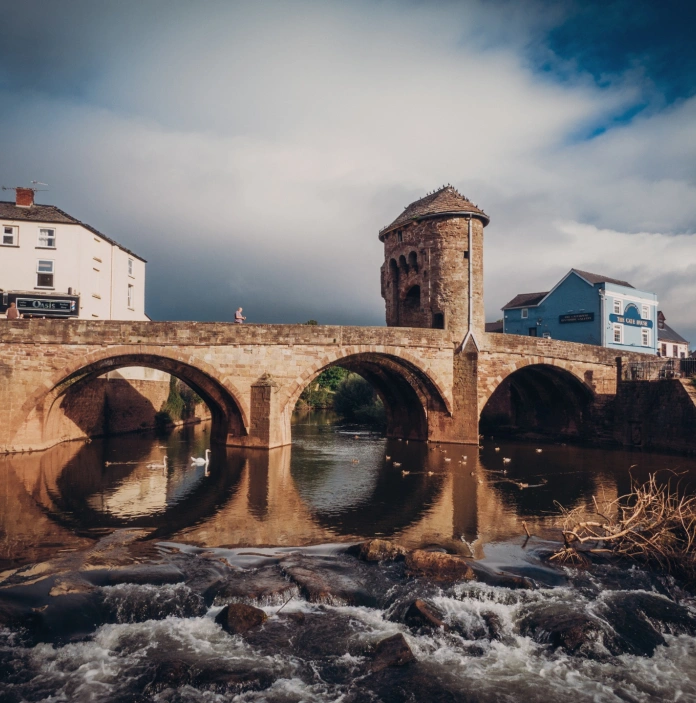
Head to Caerleon where it's stated that it was the location of King Arthur’s legendary Camelot, and the amphitheatre was the site of the 'Round Table'. While scholars argue about the location, even the existence of Camelot, few could disagree that Geoffrey of Monmouth's description of the Arthurian court held here was the inspiration for others. Author Alfred Tennyson visited Caerleon when he was writing Idylls of the King in 1856. He stayed in the Hanbury Arms, where he looked out over the River Usk and took walks through the countryside to draw inspiration. The National Roman Legion Museum is located within the remains of the ruined Roman fortress built in AD75 to guard the region. The amphitheatre (the most complete in Britain) and Europe's only Roman Legionary barracks can also be found on site.

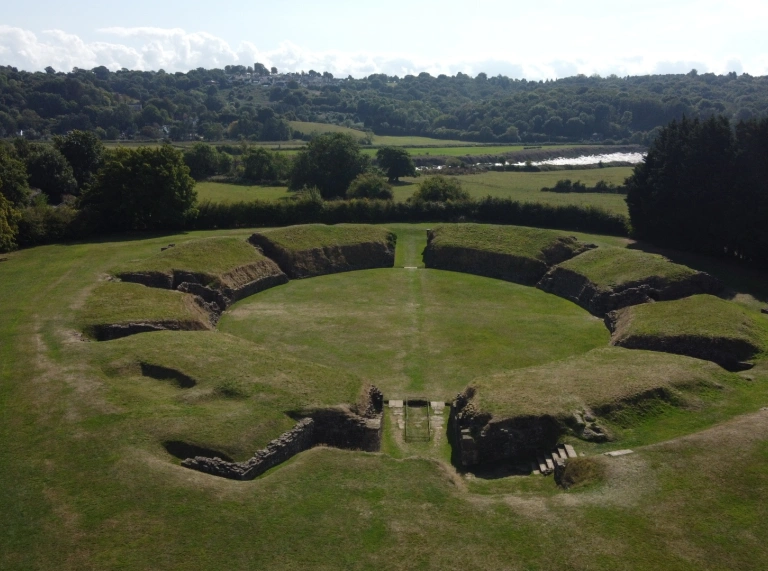
Continue south to visit Llanmelin Wood Hill Fort. Medieval manuscripts contain references to Arthur’s court being at Celliwig in Cerniw. Some believe Cerniw to be Coedkernew near Newport and Celliwig to be Llan-y-Gelli, or Llanmelin as it is known today.
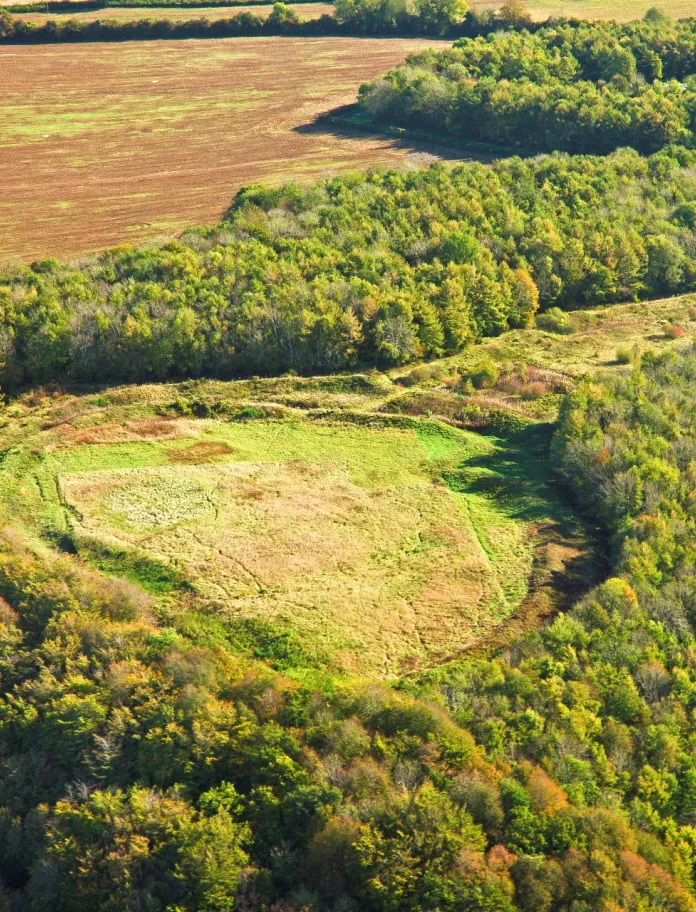
Continue to Chepstow Castle in the Wye Valley where, according to legend, Arthur and his knights are said to be sleeping in a cliffside cave below the Norman castle.
Chepstow Castle is in the care of Cadw. Register with the Cadw Tour Operator Scheme (CTOS) to become a member of Cadw’s online group booking scheme. Members benefit from preferential trade rates and discounts, complimentary admission for your tour leader, complimentary introductions to Cadw monuments, enhanced information for existing tours and invoicing following your visit. Travel Trade Explorer Passes can also be purchased. Please contact cadwcommercial@gov.wales.
Head westwards towards Cardiff and take a step off the beaten track to visit Dinas Powys Hill Fort in Cwm George & Casehill Woods. Excavations have suggested this was a high-status site in the 5th and 6th centuries – the time Arthur is thought to have lived. Accessible via a number of walking trails, the fort lies on the top of a ridge between the river valley and a gorge called Cwym George. The fort is considered to be one of the best preserved of its kind in Wales and the most important in Europe relating to the Dark Ages and a good candidate for an Arthurian stronghold if ever there was one.
Travel west on the M4 motorway to Neath Port Talbot and nearby Craig-y-Ddinas, an extensive cave system that meanders beneath Dinas Rock. Arthur and his knights are said to have been seen guarding a huge treasure near this location.
Approximate distance: 100 miles (160km)
Approximate driving time: 2hr 30min
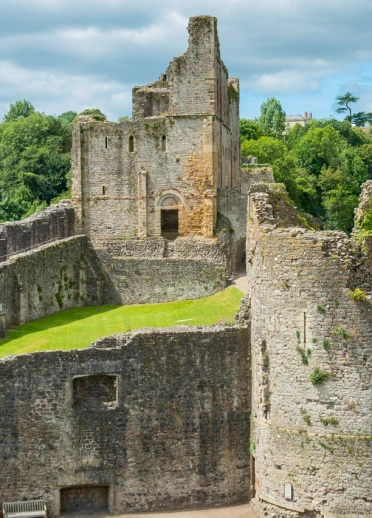
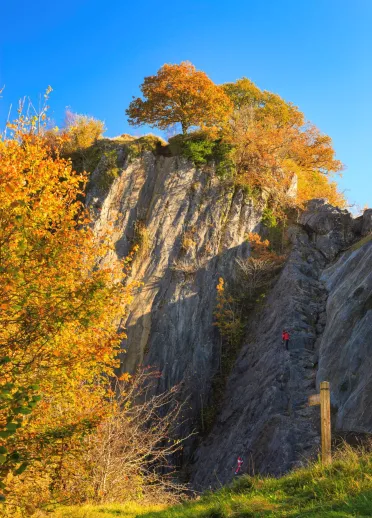
Day two
Travel through the narrow country lanes on Gower near Swansea to Arthur's Stone at Cefn Bryn, an Neolithic monument. Continue towards the ruins of Dinefwr Castle, two miles from Llandeilo. Edmund Spenser in the 'Fairie Queen' says Merlin communed with spirits in a cave in the hill below the castle.
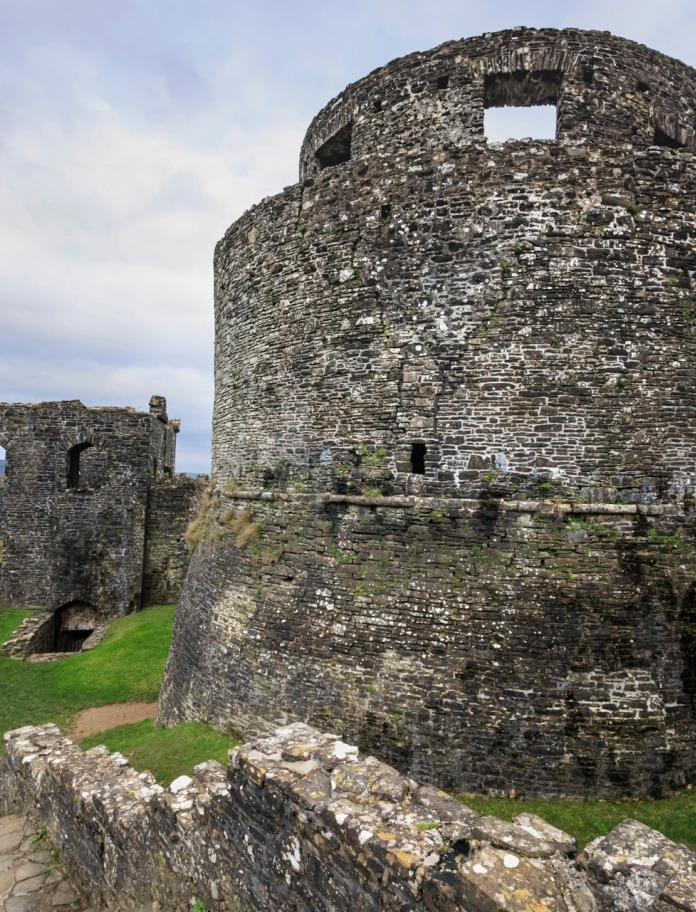
Your next stop is Carmarthen (Caerfyrddin), named after Merlin who, according to Geoffrey of Monmouth, was said to have been born here. Head for Merlin's Hill Centre northeast of the town. Some say Merlin was imprisoned in a hidden cave in Bryn Myrddin (Merlin’s Hill) - legend has it that if you listen hard enough, you can still hear him groaning.
From Carmarthen head towards the coastal county of Pembrokeshire. Bedd Arthur, a hilltop arrangement of standing stones in Pembrokeshire’s Preseli Mountains, is one of many British sites said to be Arthur’s grave. However, it has yet to be excavated. Until we know more it will remain as a fantastic local legend.
Approximate distance: 65 miles (105km)
Approximate driving time: 1hr 45 min
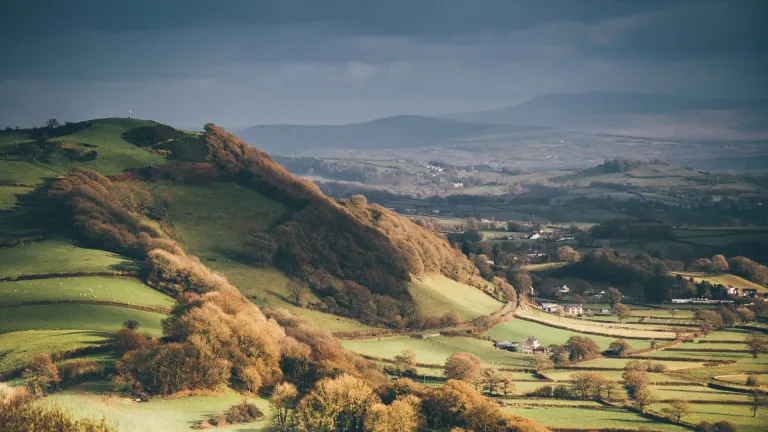
Day three
The first stop is Llyn Barfog (Bearded Lake). It was one of the homes to the water demon Afanc. The beast would plague the people of Aberdyfi until King Arthur's horse Llamrai dragged it from the lake with a magical chain. The hoofprint is still visible and known as Carn March Arthur. Take the coastal road north towards Machynlleth and towards King Arthur’s Labyrinth in nearby Corris Caverns. This underground storytelling adventure starts when you join a Dark Age Boatman on a magical journey back to the Dark Ages. Coach parking is available on site.
At Llyn Dinas, near Beddgelert, Arthur's Knight Owain battled with a giant by the lake. Arthur is also said to have killed a giant called Rhitta on Yr Wyddfa (Snowdon), and Bwlch y Saethau (The Pass of the Arrows) is the scene of a fierce battle between Arthur and his enemies.
Arthurian treasure is said to be buried at Marchlyn Mawr near Llanberis. Continue eastwards to Ruthin where Arthur sought revenge after he was wounded by an enemy called Huail. Beside the half-timbered (Barclays Bank) building in Ruthin, Denbighshire is the Maen Huail, a boulder which Arthur is said to have used as a chopping block to behead his treacherous rival. Continue towards Mold and you’ll come across another stone which supposedly bears an Arthurian hoofprint – Carreg Carn March Arthur. It’s said Arthur and his stead landed here with what must have been one heck of a thump after a mighty leap to evade the Saxons.
Approximate distance: 120 miles (193km)
Approximate driving time: 3hr
